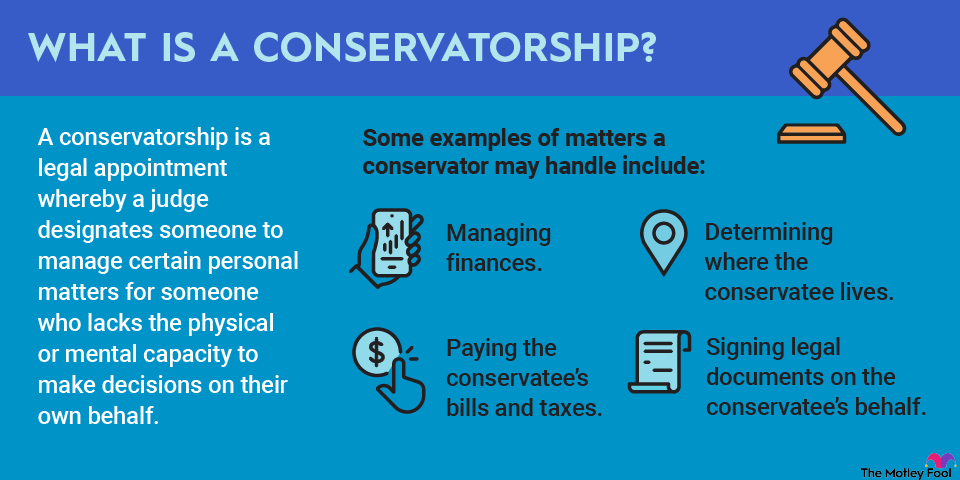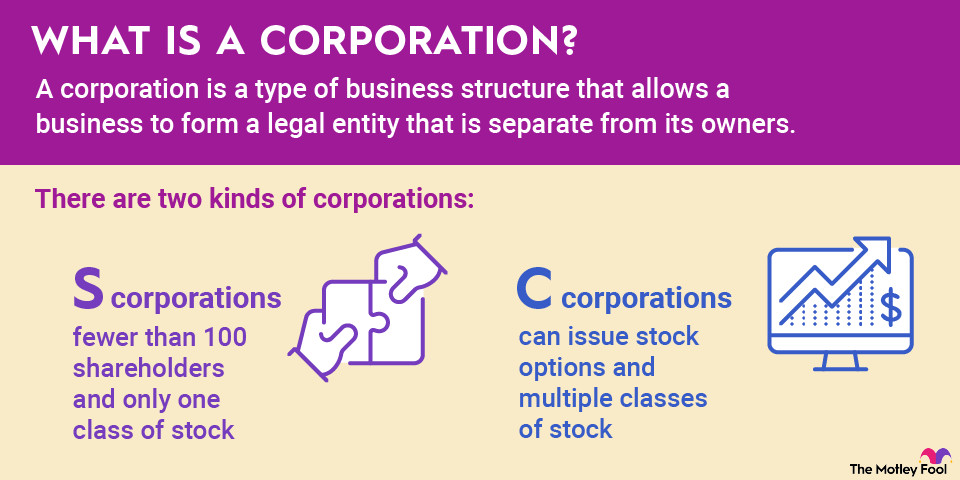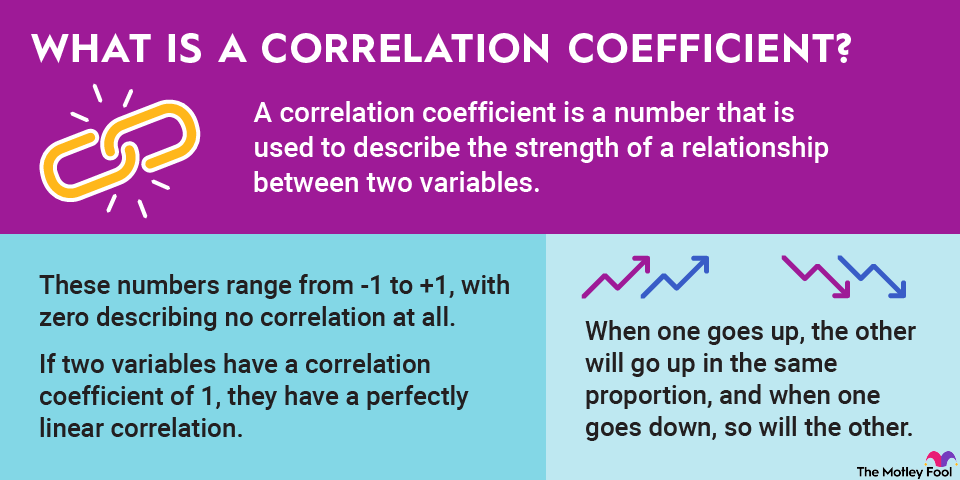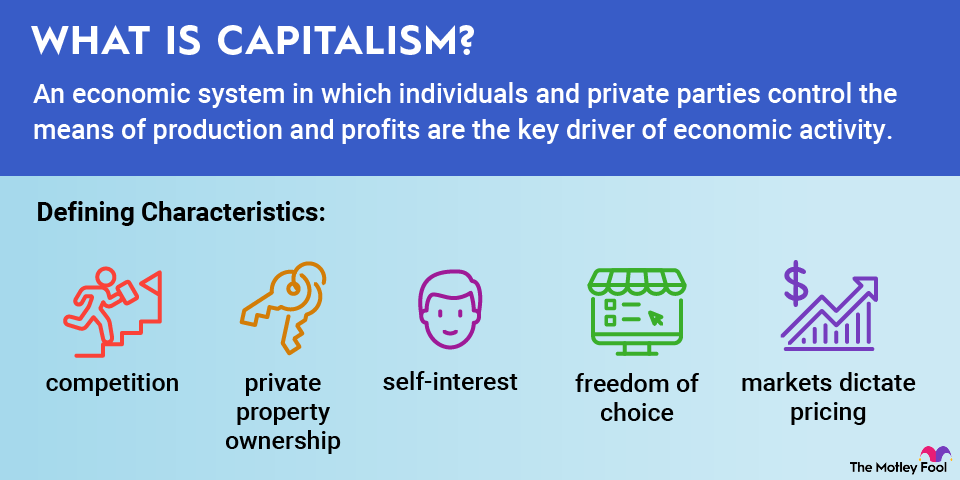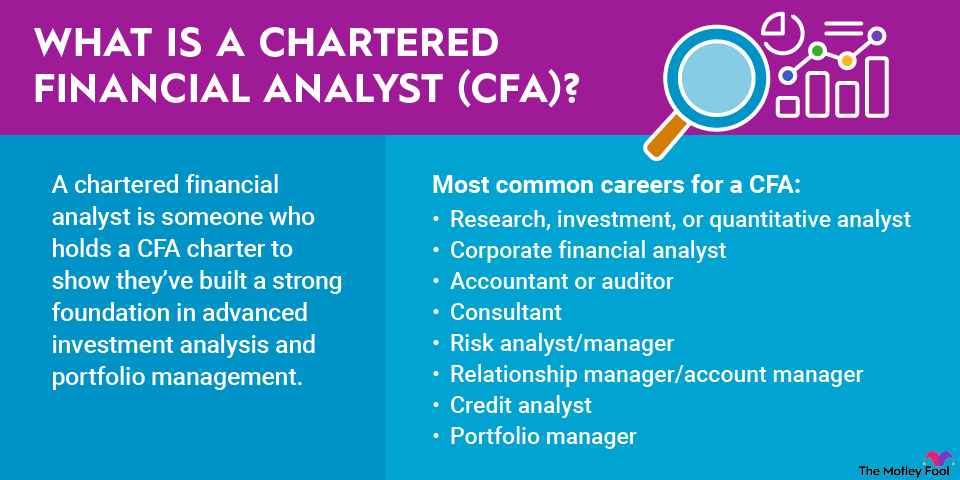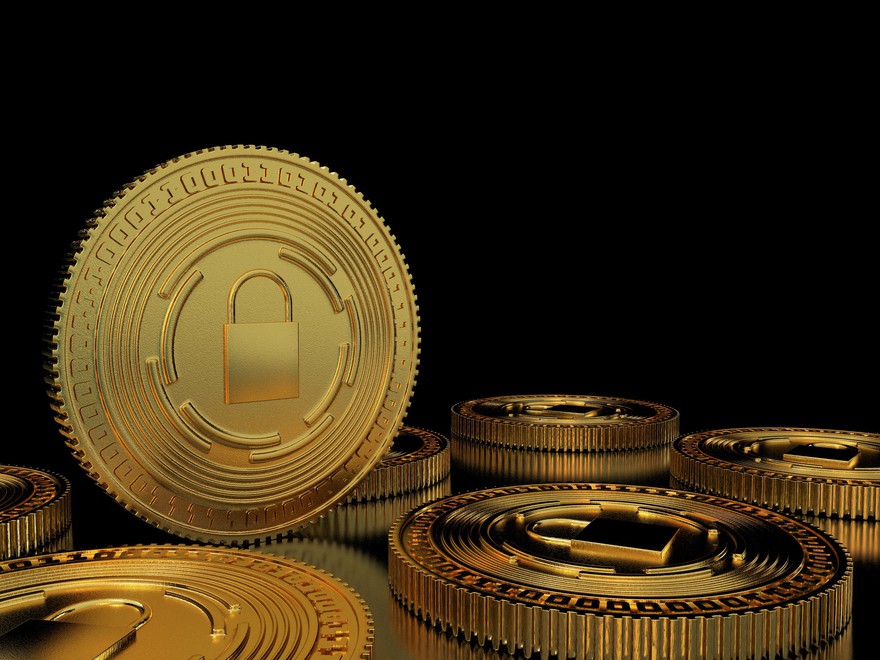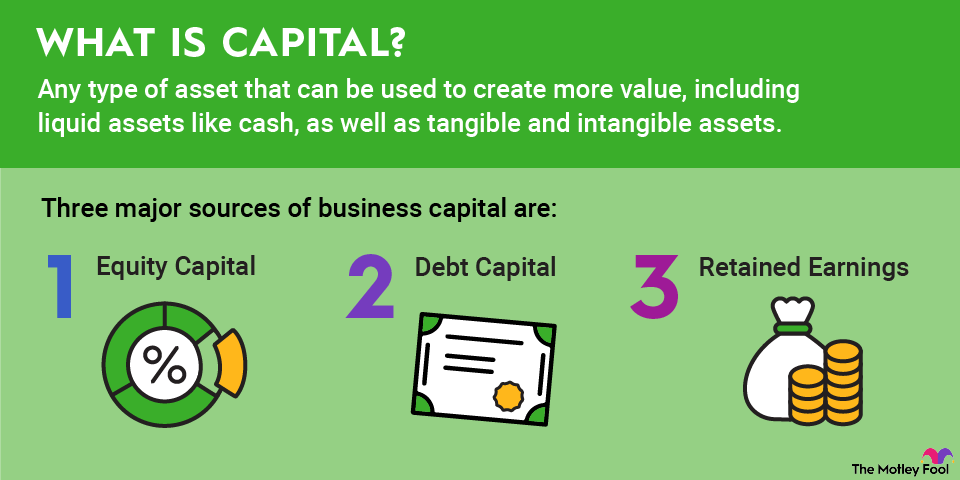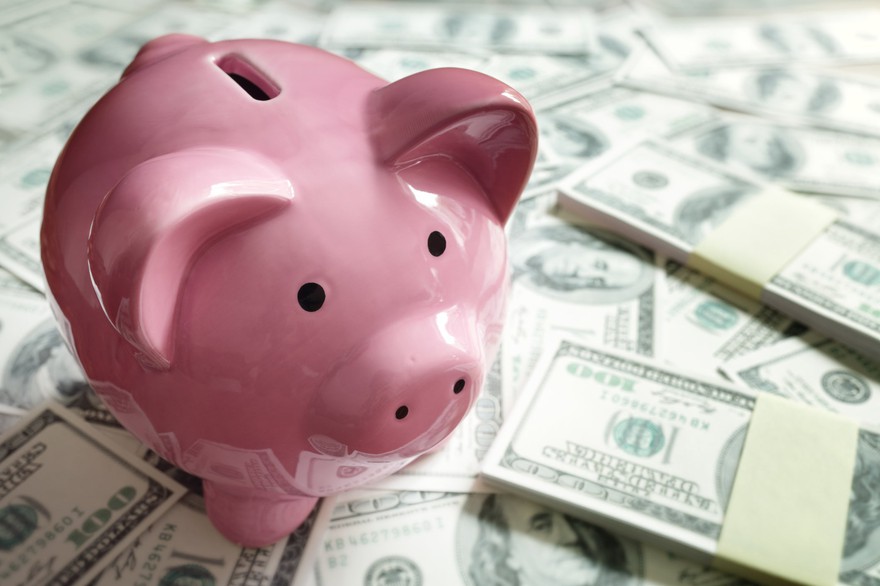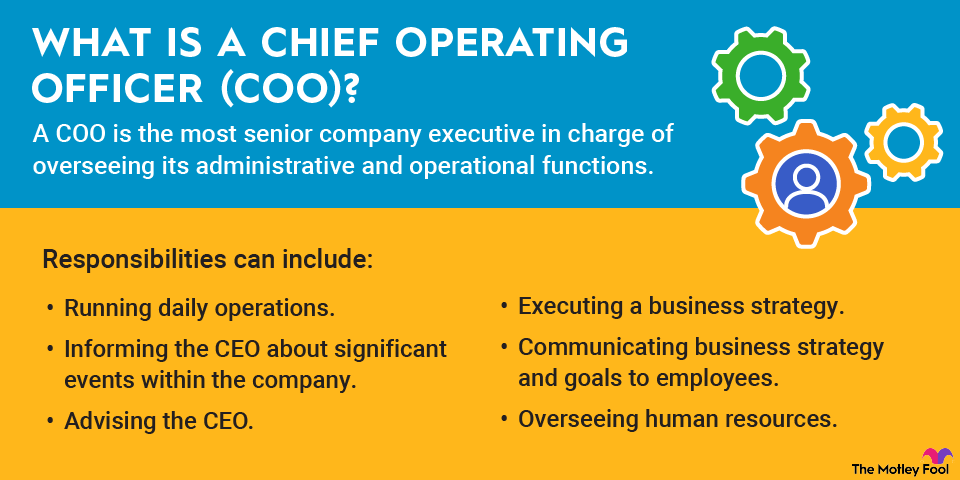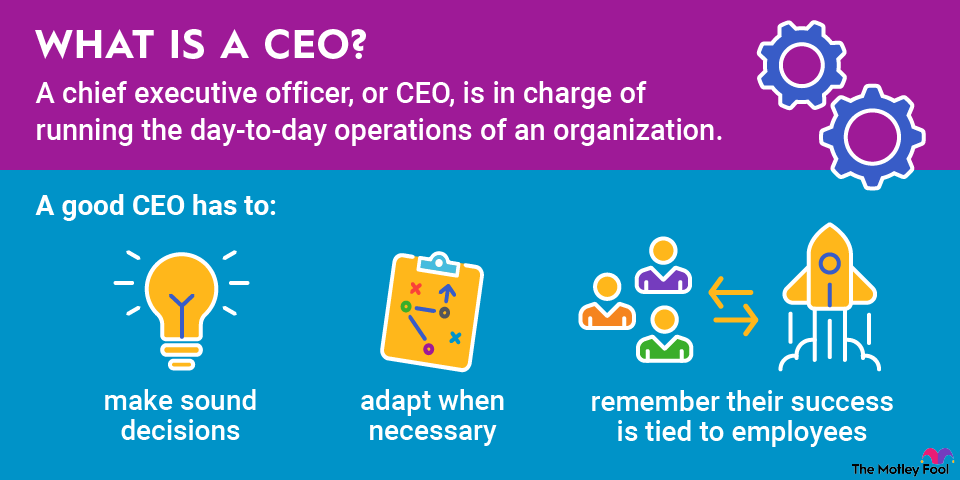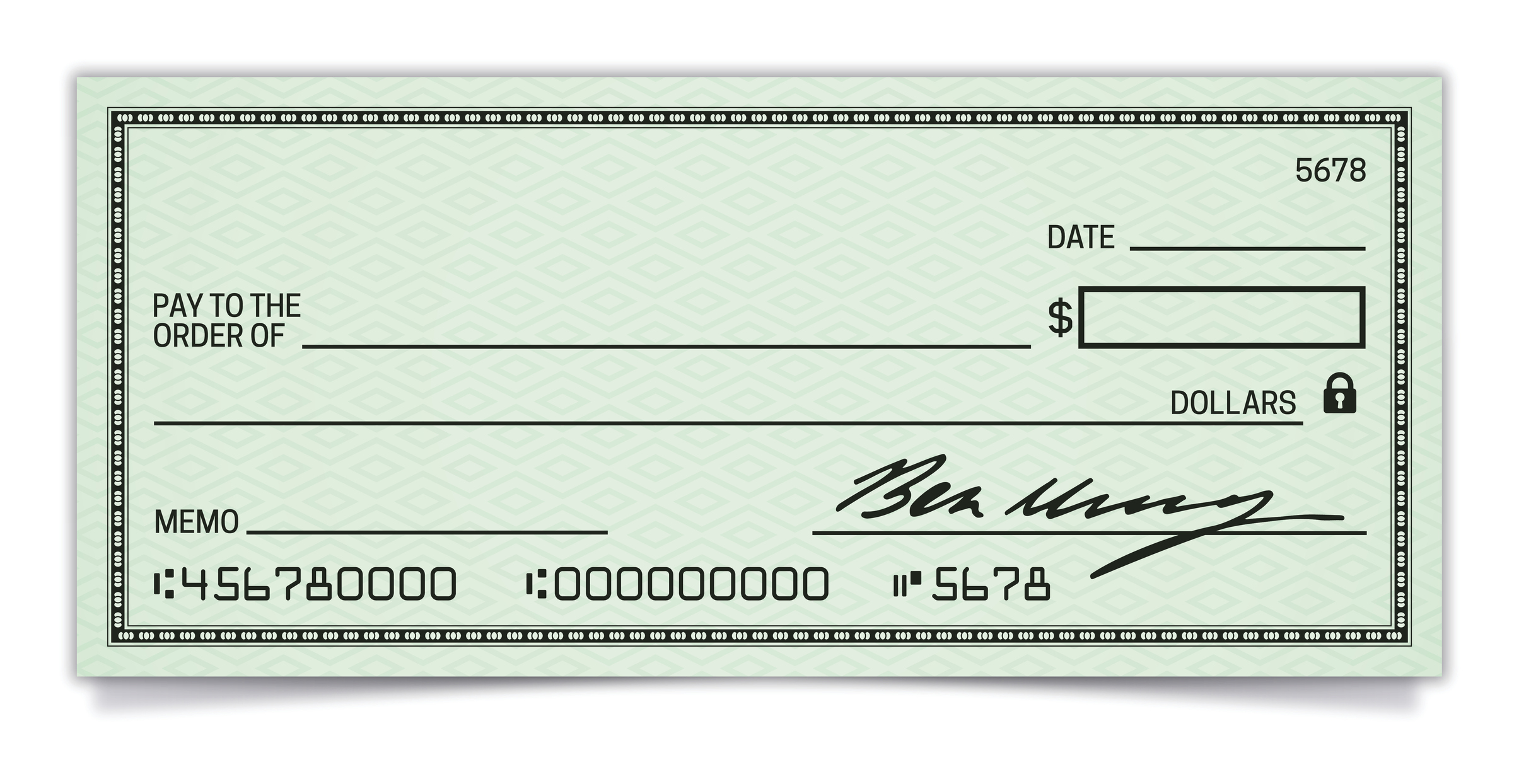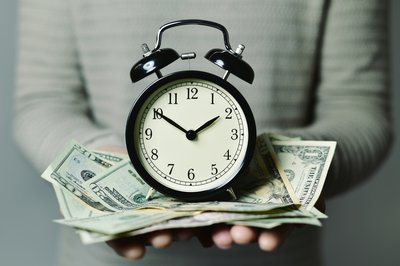How a CD ladder works
A CD ladder involves splitting your money into several equal parts and using it to buy CDs with various maturities. For example, if you have $10,000, you might open five different CDs with maturities of one, two, three, four, and five years.
The idea is that some of your money will always be within one year of maturity and some will be locked in at longer-term interest rates. If you need the money as it matures, you can use it. But if you don't, you can simply reinvest it in a new five-year CD once it matures.
How much can you make from a CD?
The rate you see advertised is the APY, which reflects how much your CD will grow in one year.
In simple terms, APY tells how much your CD will grow in one year. So a $1,000 CD at a 4% APY can be expected to be worth $1,040 after one year.
Of course, the amount of money you can make depends on a few factors, such as how much you deposit, whether you receive your interest payments or leave them in the CD to collect compound interest, how long your CD's term is, and more. But especially in today's relatively high-rate environment, CDs can be a good means of earning nice returns on your money without taking on much risk.
Is a CD right for you?
A CD can make sense if all these things apply to you:
- You want a higher interest rate than your savings account offers, and/or you want to know what your interest rate will be for a certain time.
- You are reasonably certain that you won't need access to your money until after the CD reaches its maturity date.
- You want to earn strong returns on your money but don't want the risk of investing in stocks or even bonds. And you don't want the hassle of opening another type of account, such as a TreasuryDirect account to buy Treasury bonds.
Sound like a good fit? Check out our list of the best CD rates now to choose which is right for you.
